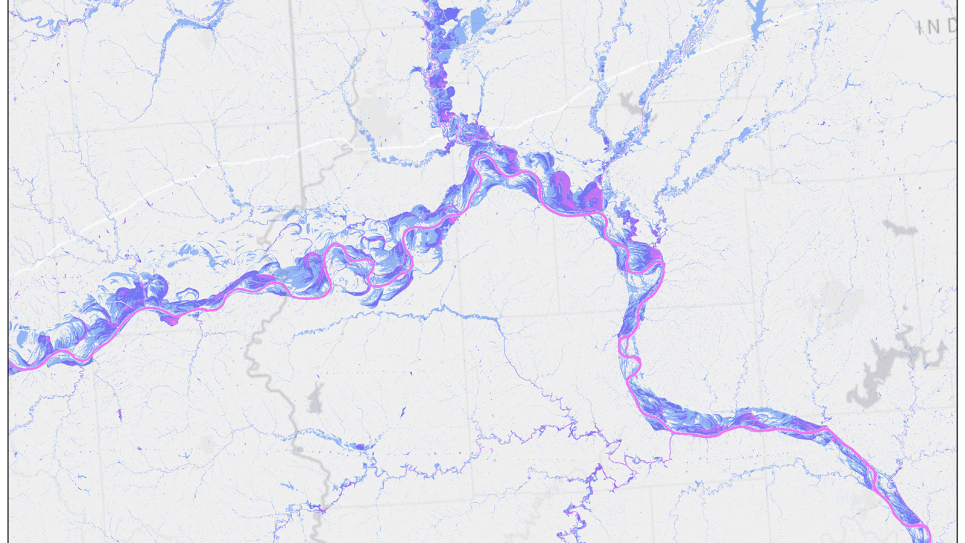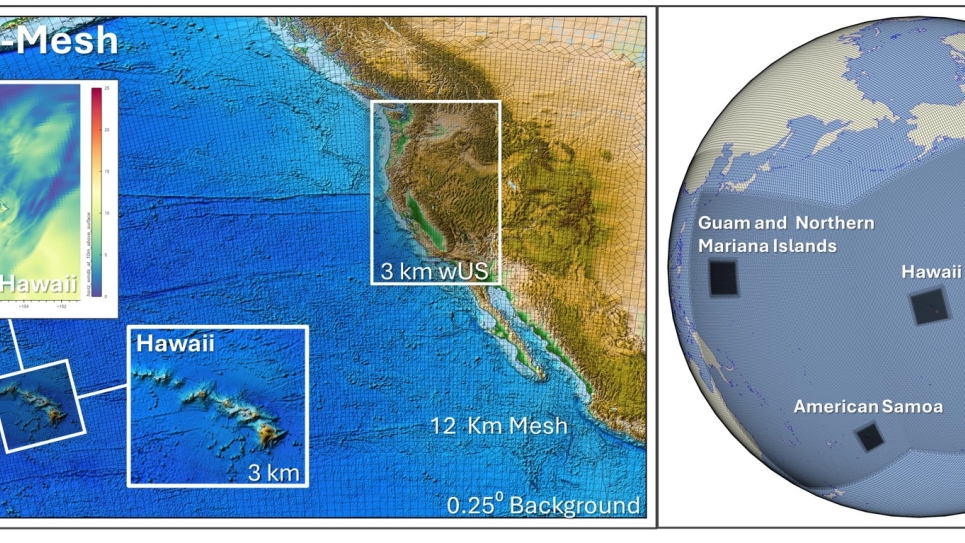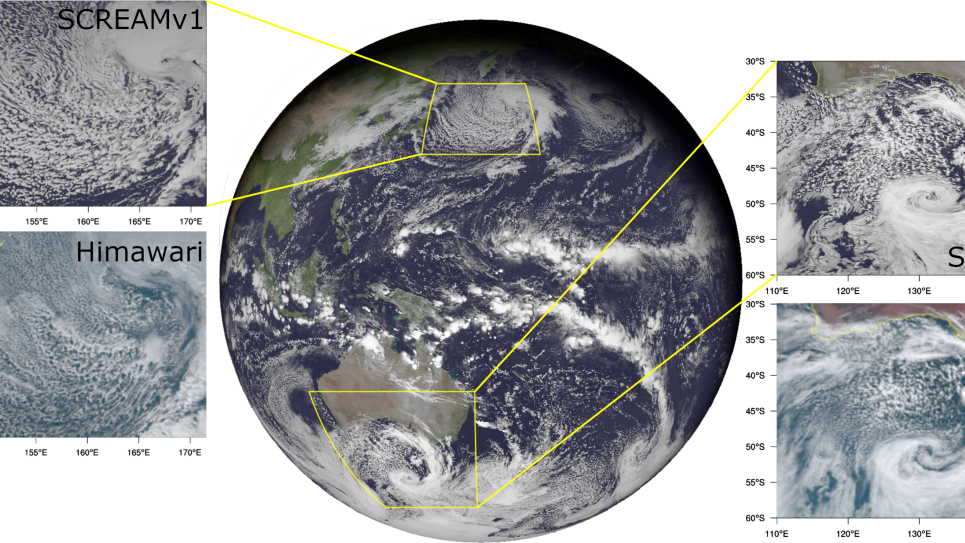Deep convection as mesoscale convective systems (MCSs) is one of the most climatologically significant cloud forms. MCSs release latent heat that drives the general circulation; provide the dominant source of precipitation in many regions; redistribute water, clouds, and aerosol; and affect radiation through the atmosphere. Yet, climate models poorly simulate MCSs due to factors including the multiscale nature of convection. The Climate Model Development and Validation (CMDV) project focuses on improving the parameterization of MCSs in the Accelerated Climate Model for Energy, and the project is built upon a symbiotic hierarchy of models that span scales to address the range of processes necessary to tackle this problem.
The computing allocation request specifically addresses the large-eddy simulation (LES) needs of the project during 2017. LES modeling of deep convection, particularly on the scale of MCSs, is extremely expensive. Therefore, the research aims to develop an alternative methodology using a smaller LES domain that encompasses a portion of a larger convective event, but that propagates with the convection to keep the domain aligned with the region of interest. Establishing the validity of this methodology requires a control simulation encompassing a much larger region for comparison. Carrying out a larger LES of a convective system and a series of smaller LES simulations will demonstrate the sensitivity of the results to the domain size and location with respect to the active convection.


